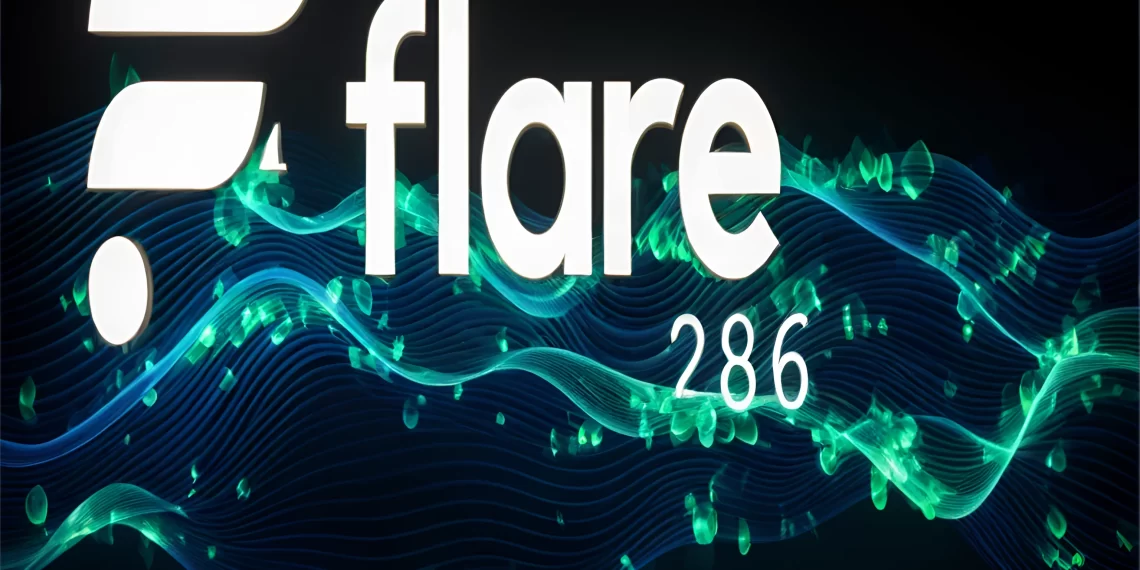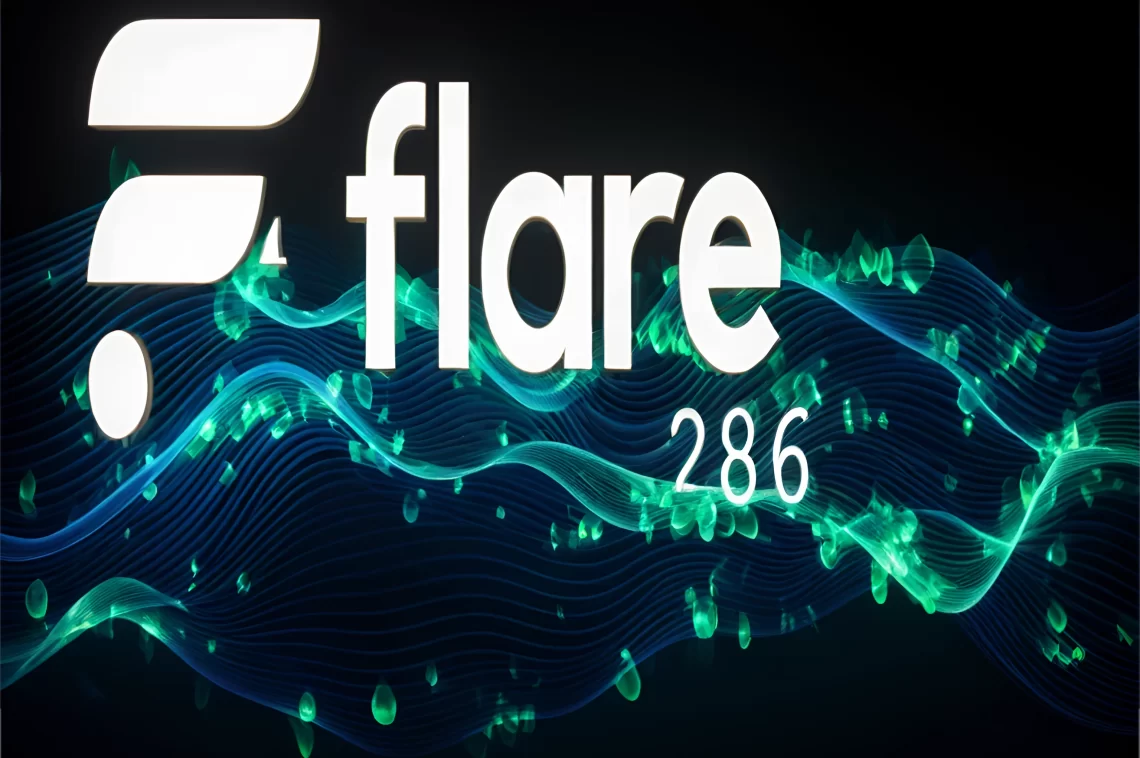Flare Network is putting forth a novel AI strategy.
This method aims to increase safety by combining blockchain technology with artificial intelligence.
Blockchain protocols are increasingly directly integrating AI.
Flare Networks (FLR), a Ripple friend, unveiled a novel method of combining blockchain technology with artificial intelligence (AI) in a recent research paper.
Using AI with Flare Consensus Learning
Consensus Learning (CL), the AI model Flare developed, intends to support collaborative AI in various applications. The system’s primary goal is to improve the creation of AI models that are both highly reliable and accurate. Above all, the Flare AI is appropriate for integrating cutting-edge technology in data-sensitive industries like banking, healthcare, and others.
CL helps to increase overall operational performance, efficiency, and decision-making processes. By addressing these issues, the final customer may receive services at a reduced cost. This could lead to improved patient care results in the healthcare sector, even more precise financial analysis, or improved fraud detection in the banking sector.
Significantly, this represents a turning point and growing interest in combining blockchain and AI. It happened just a few hours after the world’s first blockchain-based artificial intelligence (AI), represented as a smart contract by Internet Computer (ICP), broke records. On DFINITY’s ICP testnet, the Internet Computer AI is operational.
Drive toward Decentralization with Flare AI
It is important to remember that CL is the outcome of the increased focus on decentralization. Distributed settings, where data and computational resources are dispersed among several devices, are relevant to technology aficionados. In contrast to earlier blockchain and AI applications, CL does not provide blockchain access to centralized machine learning (ML). Instead, the new Flare AI builds decentralized AI models by utilizing blockchain.
Decentralized models are preferred over centralized machine learning due to the inherent hazards associated with the latter. Because centralized machine learning depends on a single trusted entity, its application is limited to specific enterprise environments and its adoption is constrained. Over time, the infrastructure of these centralized machine learning systems exposes system weaknesses, potentially resulting in assaults or system failures.
Flare has high hopes for the CL AI model’s substantial contribution to thwarting harmful attacks on blockchain networks. Enhanced functionality, confidentiality, efficiency, security, and complete decentralization are among the advantages linked to the Flare AI platform.
























